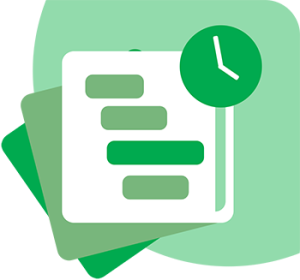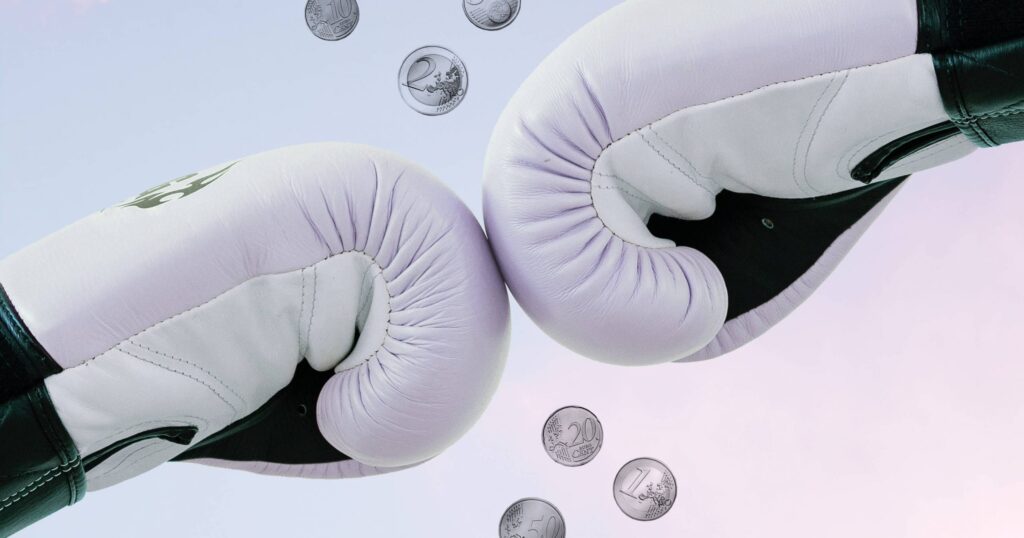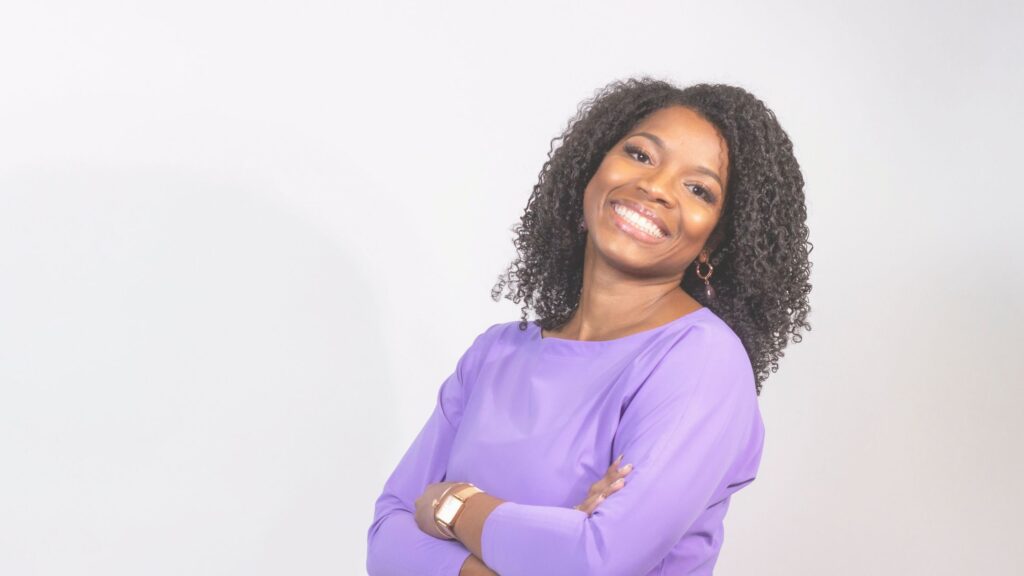Pay off debt and then invest or the other way around?

Let’s talk about a topic that is somewhat in the taboo zone, namely: having debt. And then more specifically about the devil’s dilemma: pay off debt first and then invest or the other way around? Hmm interesting! Read along quickly to see what’s best for you.
Debt & investing
It is almost a utopia today to think that you can go through life 100% debt-free. If not because you are a starter with student debt, it is because you have a mortgage on your home. But a cell phone subscription, a revolving bill at zalando or H&M or being in the red on your credit card are also “debts” that are common. Or how about that personal loan or that car on installment?
Whatever your situation, there will come a time when you may want to start investing. That you want to build wealth and put money to work before you. But because of the “debts” you own at the time, you may begin to have doubts. Is investing a no-go, you ask yourself? Good and valid question!
Healthy financial situation
Are you going to work on paying off your debts first and then invest or the other way around? One need not exclude the other in our opinion. Of course, we believe that a healthy financial situation where you start investing means that you own only necessary to no “debt. Moreover, we would urge everyone to start investing with money you can spare. But everyone’s situation is unique, and sometimes that includes debt.
As for combining debt and investing, it is wise to see what fits your situation.
Need help making a plan to pay off debt? Then check out our expert page and find a consultant who can help you.
Do you have your financial situation clear?
If you are interested in starting investing while in debt, it is a good idea to map out your financial situation before pulling the “Yes or No” card. That is to say:
- What debts do you have and how high are they? What is the interest rate on these debts?
- How high is your monthly income and what percentage of that income can you spare to work on your financial future including investing?
- Do you have an apples to apples? In other words, do you own some savings for financial setbacks?
If the answer to questions 2 and 3 is “No,” then we would advise against starting to invest anyway because investing is basically done with money you don’t need and can’t afford to lose in the short term. With investing, you can lose (some) of your deposit, and you don’t want to run that risk when you depend on that money each month.
Paying off debt and then investing
Suppose you can spare an amount of your income per month and you have built up a savings pot with which you can parlay financial setbacks a number of times, then investing is quite a viable option. Yes, even if you have outstanding debts in addition to that.
However, the degree of investment and whether you pursue it permanently depends on the amount of your debt and the interest rate you pay on that debt. What you can somewhat adhere to is that when the interest rate is higher than 10% (for example, with loans), it is simply best to pay off that debt first as soon as possible. If necessary, with some of your savings. In the Netherlands, by the way, since the corona crisis, it has been stipulated by the government that a maximum interest rate of 10% may be applied to new loans.
If the interest rate is between 5% and 10% then you could split. So part installment and, for example, put away part for further building your “apple” or investing. At interest rates below 5%, it is quite possible to start investing.
How do you get this wisdom?
Through our “math major. The return achieved in the stock market over the last 100 years comes out to about 9%. If we take out a calculator and put this return against the interest rates you pay on your debts, theoretically you could even pay off part of your debts with investing.
In short, you want to focus on paying off debt when it is likely to cost you more interest than you would otherwise earn from investing. And you want to focus on investing if you think it is likely to earn you more than you would pay in interest.
Conclusion
Ultimately, you decide what to do; pay off your debts first and then invest or the other way around. Whatever you choose, it is wise to first map out exactly what your financial situation is. Is there room to invest despite your debts? Then you start looking at interest rates. And also realize that taking good care of yourself financially means you can work on multiple goals at once (paying off, saving, investing, earning more). Doesn’t have to be at the same time, can be! So (bank) papers and calculator there and GO!




